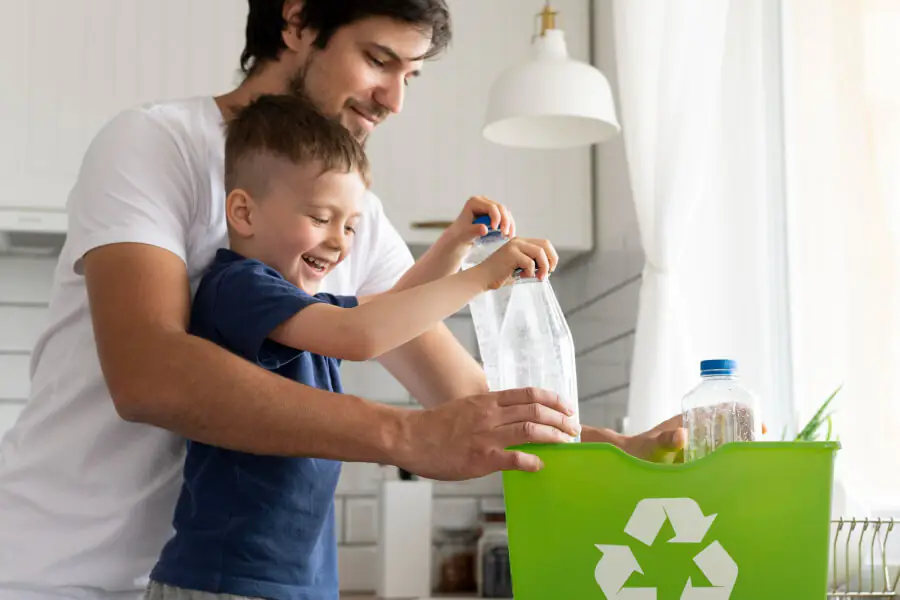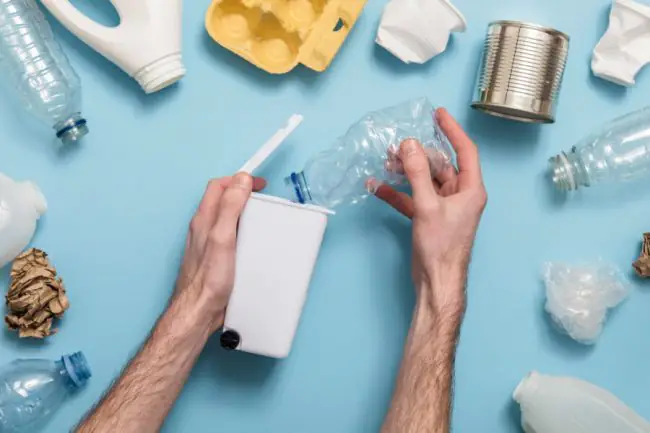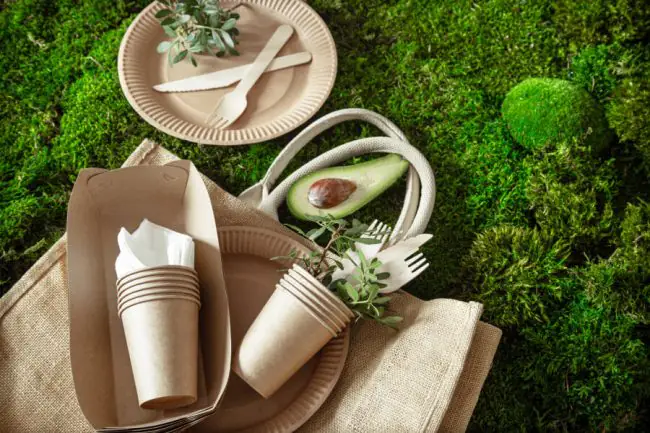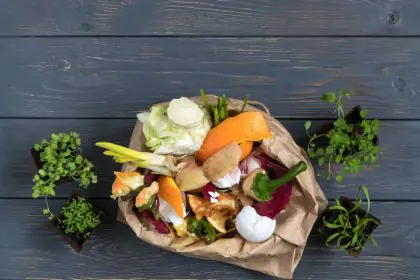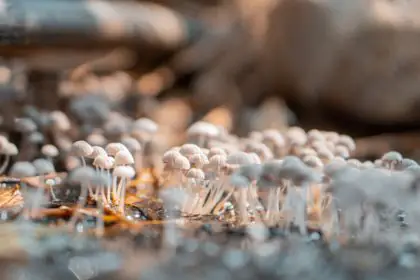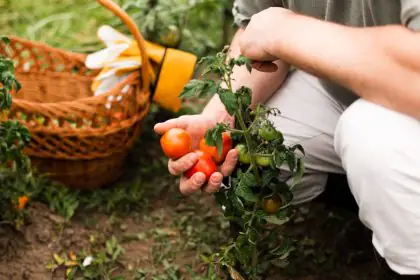Adopting a zero-waste lifestyle can feel like a big change, but with the right steps, it’s easier than you think! The idea is to minimize waste by rethinking our consumption habits and making small, sustainable changes that add up to a big impact. In this guide, we’ll take you through 10 simple steps to kickstart your zero-waste journey.
How to Transition Easily to a Zero-Waste Lifestyle
Starting a zero-waste lifestyle doesn’t mean you have to overhaul your life overnight. It’s about gradually making more mindful choices to reduce waste and live more sustainably. This guide will help you transition smoothly and enjoyably into this lifestyle.
What is Zero Waste?
A zero-waste lifestyle aims to minimize waste by reducing, reusing, and recycling. The goal is to send as little trash to landfills as possible, ultimately creating a “closed-loop” system where all materials are reused or repurposed.
Benefits of Embracing a Zero-Waste Lifestyle
- Environmental Impact: Reducing waste helps protect our oceans and land from pollution, conserving natural resources and lowering our carbon footprint.
- Financial Savings: Buying less and reusing more often saves money in the long run.
- Healthier Living: Reducing plastic and chemicals in your life often means opting for healthier, more natural alternatives.
Getting Started on Your Zero-Waste Journey
Ready to make the switch? Here are 10 easy steps to help you start living a zero-waste lifestyle:
Audit Your Current Waste Habits: Start by examining what you throw away most often. Keep track of the waste you produce over a week or two. Are there lots of plastic bottles, paper towels, or food scraps? Knowing where you produce the most waste will help you focus on changes that have the biggest impact.
Set Achievable Goals for Going Zero Waste: Don’t overwhelm yourself by trying to go zero waste all at once. Start small. Set realistic goals, such as reducing your plastic use by 50% or eliminating single-use items like straws and plastic bags.
Create a Zero-Waste Toolkit: Your zero-waste toolkit includes reusable bags, containers, water bottles, coffee cups, and utensils. Keep these items in your car, purse, or backpack so you’re always prepared. Think of it as your survival kit for sustainable living!
Simple Changes for a More Sustainable Life
Reduce Single-Use Plastic Consumption:
One of the easiest steps is to stop using single-use plastics. Swap plastic bags for reusable cloth bags, replace plastic straws with metal or bamboo ones, and avoid buying products with excessive packaging.
Embrace the Power of Reusables: Make reusables your new normal. Carry a reusable water bottle, coffee cup, and utensils with you wherever you go. Opt for cloth napkins instead of paper ones and reusable food wraps instead of plastic wrap.
Implement Composting Practices: Start composting your food scraps and yard waste. Composting not only reduces the amount of waste you send to landfills, but it also creates nutrient-rich soil for gardening. Even if you live in an apartment, you can try vermicomposting (composting with worms) or find a local compost drop-off.
Choose Eco-Friendly Shopping Alternatives: When shopping, think about the packaging and opt for items with minimal or recyclable packaging. Shop in bulk stores where you can bring your own containers or bags to reduce packaging waste. Try shopping second-hand for clothes and household items.
Overcoming Challenges and Obstacles
Adopting a zero-waste lifestyle isn’t without its challenges, but with a little creativity and determination, you can overcome them!
Dealing with Social Pressure and Norms: Sometimes, going zero waste can make you feel like the odd one out, especially when others don’t understand why you’re refusing a straw or bringing your own cup. Stand firm in your choices, and remember why you’re doing it. You might even inspire others to follow your lead!
Finding Sustainable Products and Resources:
It can be tricky to find zero-waste products, especially in smaller towns. Look for online stores specializing in sustainable goods, such as zero-waste kitchen tips, zero-waste products for beginners, and more. Get creative by using what you already have — old jars make great storage containers, and old t-shirts can become reusable cleaning cloths.
Taking Your Zero-Waste Lifestyle to the Next Level
Join a Zero-Waste Community for Support: Joining a community of like-minded people can provide support and motivation. Look for zero-waste groups on social media or local clubs. Sharing tips, resources, and successes with others can make your journey more fun and rewarding.
Advocate for Zero-Waste Practices in Your Community: Spread the word about zero-waste living. Encourage local businesses to reduce packaging, support local recycling programs, or start a zero-waste initiative in your community. Your actions can inspire others to make more sustainable choices.
Measuring Success and Celebrating Achievements
Track Your Progress Towards Zero Waste: Keep track of how much waste you’re diverting from the landfill. This could be as simple as weighing your trash each week or keeping a tally of how many reusable items you’ve used.
Recognize the Positive Impact of Your Efforts: Celebrate your wins, big and small! Each step you take is a step towards a healthier planet. Remember, zero waste is a journey, not a destination. Enjoy the process and feel good about the positive changes you’re making.
Conclusion
Living a zero-waste lifestyle is easier than it might seem at first glance. By taking small steps and making mindful choices, you can significantly reduce your waste and contribute to a healthier, more sustainable planet. Remember, it’s not about perfection but progress. Every action counts!
FAQs
How can you start a zero-waste lifestyle?
Start by assessing your current waste habits, set small, achievable goals, and gradually introduce zero-waste practices like reducing single-use plastics and composting.
How to become zero waste?
Become zero waste by minimizing waste production, reusing items, recycling correctly, and making more sustainable choices in your daily life.
How do you get zero waste?
To achieve zero waste, focus on reducing, reusing, and recycling in all areas of your life, from grocery shopping to home organization.

